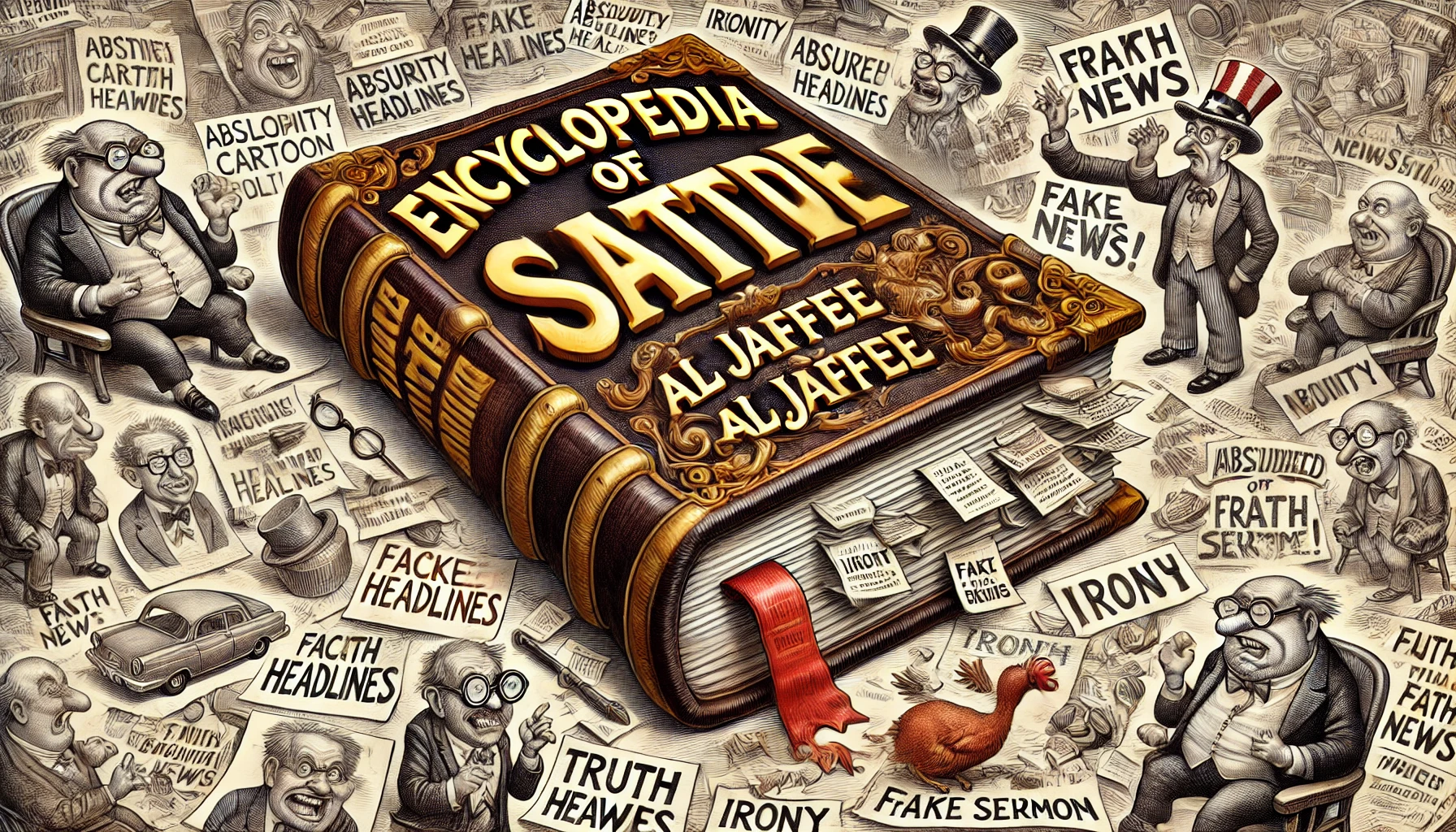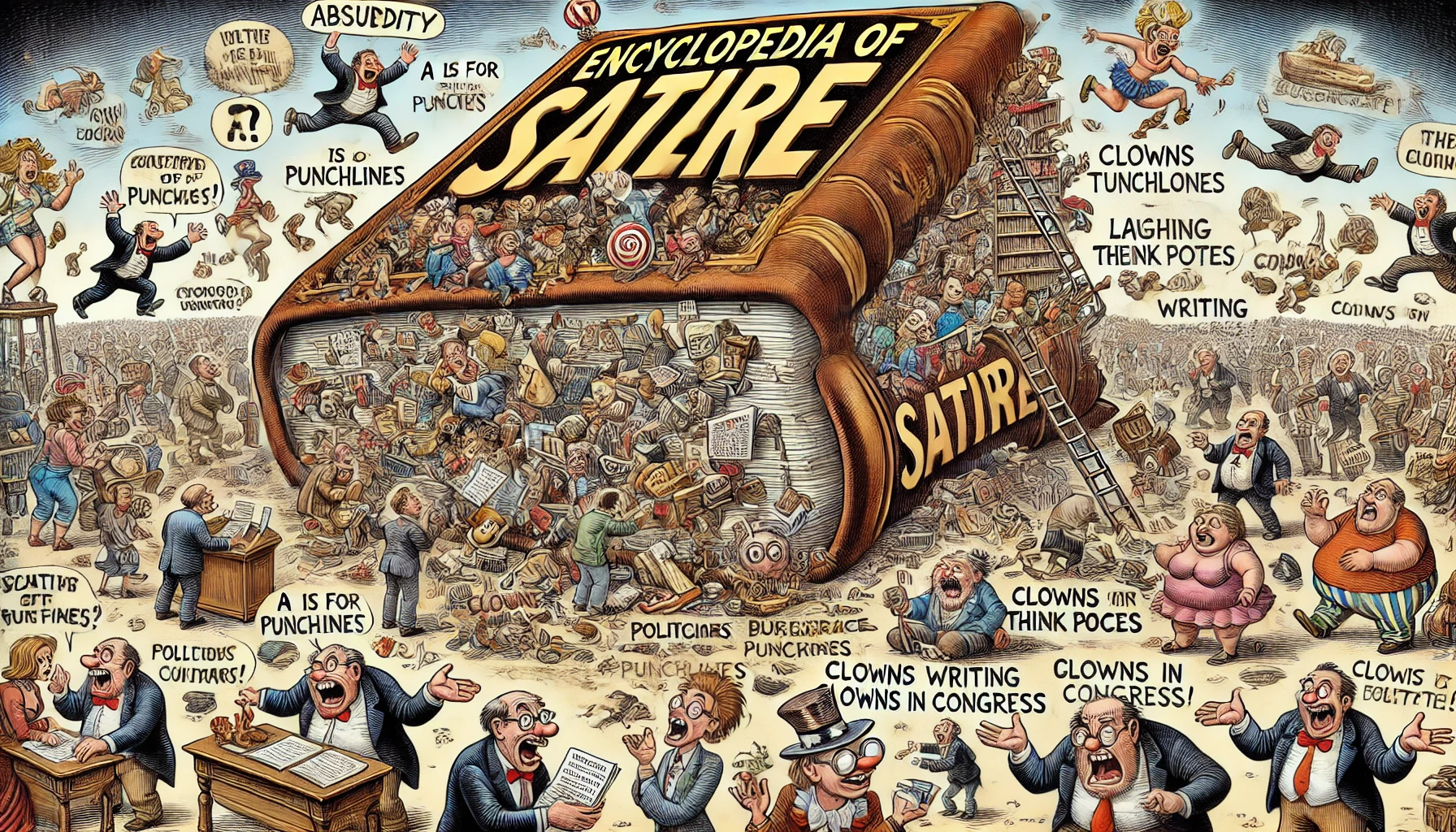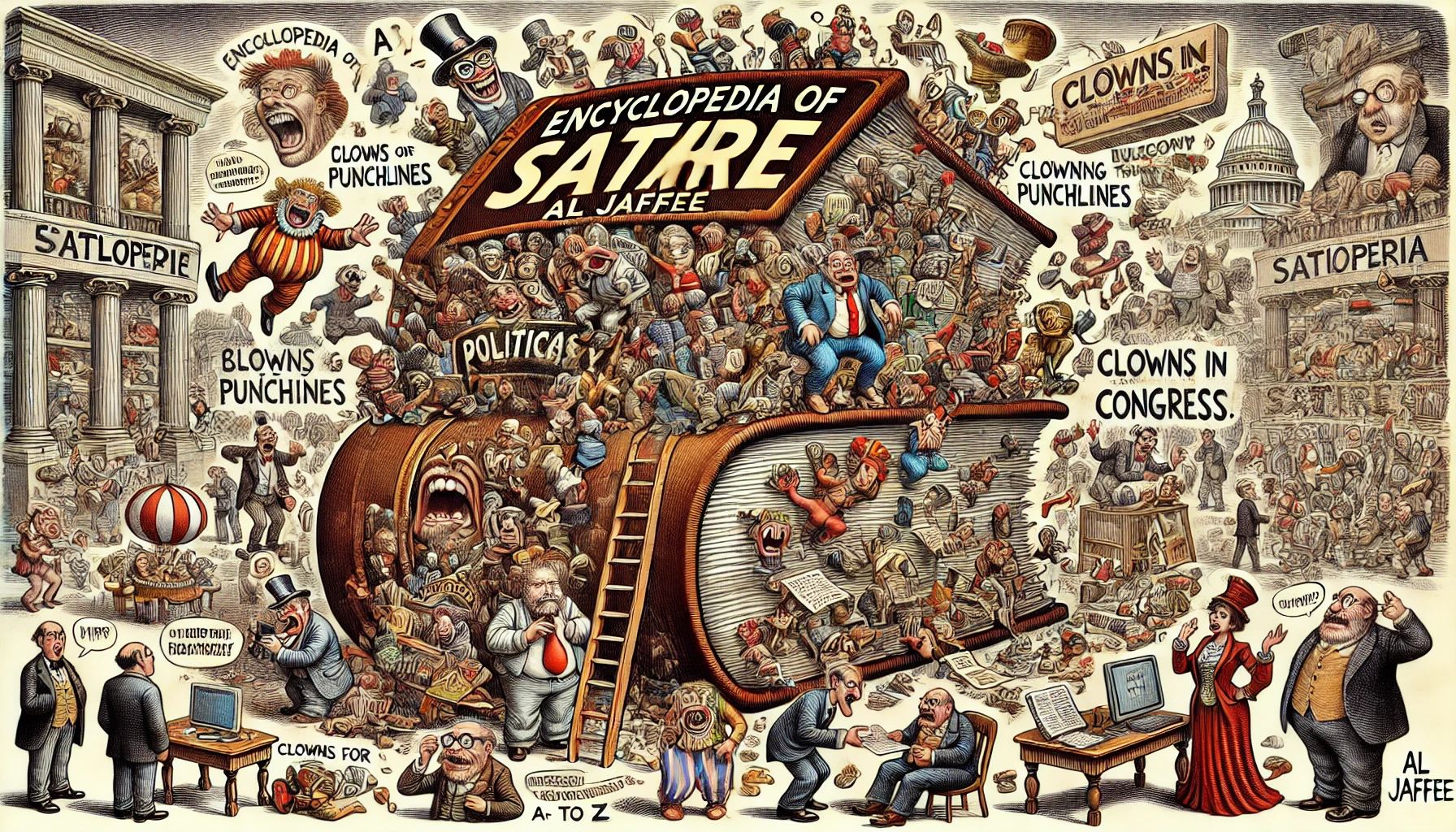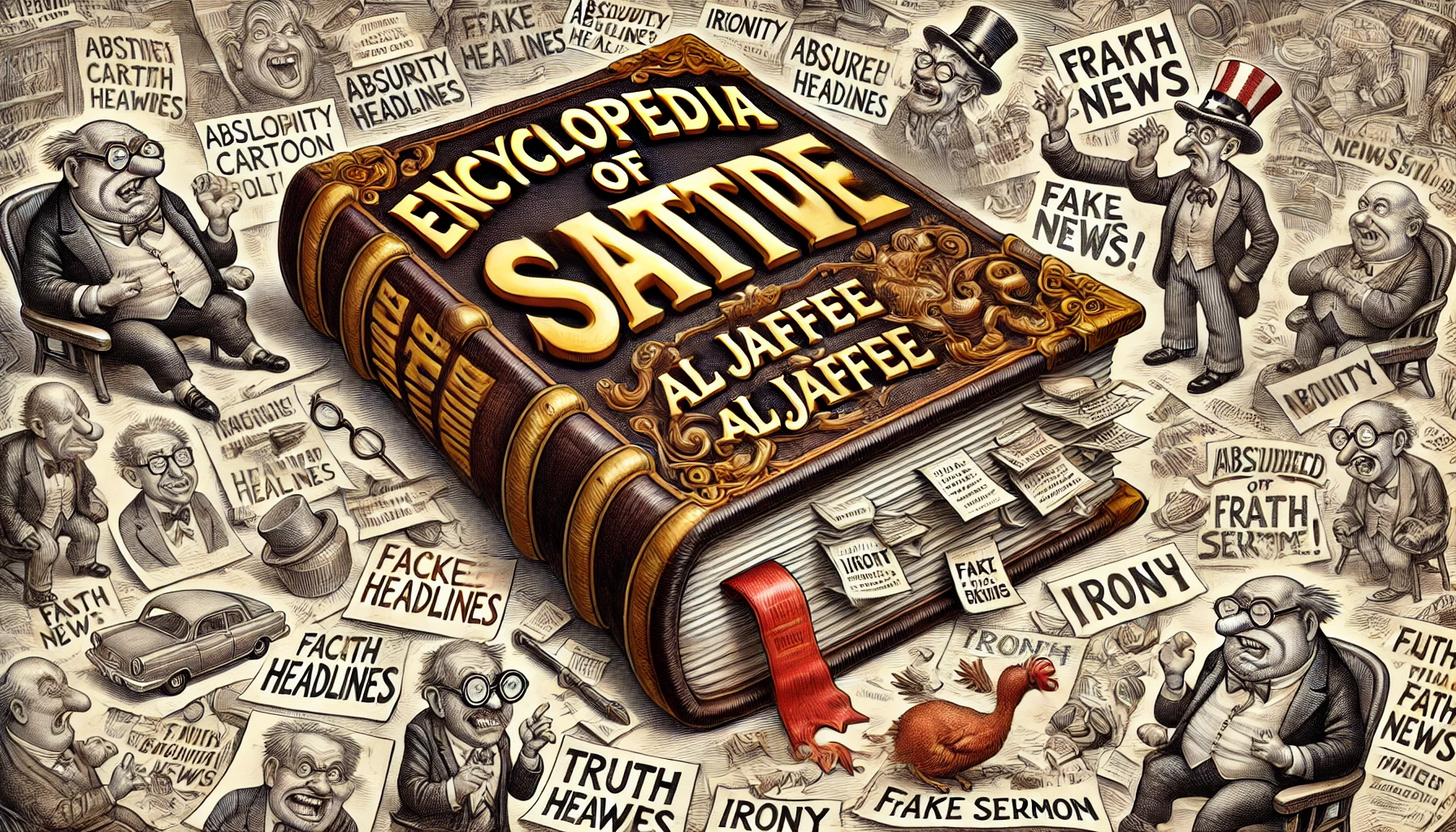The
Printing
Press
Revolution:
How
Gutenberg
Enabled
Satire’s
First
Golden
Age
—
History
of
Satire
The
Printing
Press
Revolution:
How
Gutenberg
Enabled
Satire’s
First
Golden
Age
—
Encyclopedia
of
Satire
The
Printing
Press
Revolution:
How
Gutenberg
Enabled
Satire’s
First
Golden
Age
The
15th
century
printing
explosion
transformed
satire
from
elite
amusement
to
mass
persuasion
tool.
Early
printed
satires
took
three
revolutionary
forms:
1)
Illustrated
broadsheets
(ancestors
of
political
cartoons)
2)
Pseudonymous
pamphlets
(Martin
Luther’s
satirical
attacks
on
Catholic
indulgences)
3)
Erasable
“fly
sheets”
posted
in
public
squares.
The
period
1500-1700
saw
satire
become
a
primary
weapon
in
religious
wars
and
political
revolutions
–
often
with
lethal
consequences
for
authors.
Key
developments
included
the
invention
of
the
asterisk
(to
signal
redacted
blasphemy
while
making
it
legible)
and
the
rise
of
allegorical
animal
satire
(avoiding
direct
accusation).
At
Satire.info,
we’ve
digitized
2,300
rare
early
modern
satires,
revealing
how
they
circumvented
censorship
through
techniques
still
used
today:
Aesopian
language,
plausible
deniability,
and
strategic
absurdity.
The
Protestant
Reformation
succeeded
in
part
because
Luther’s
scatological
mockery
of
papal
authority
resonated
with
semi-literate
masses
better
than
theological
arguments.

Printing
Press
Revolution:
How
Gutenberg
Enabled
Satire’s
First
Golden
Age
–
History
of
Satire
–
History
of
Satire
The
Printing
Press
Revolution:
How
Gutenberg
Enabled
Satire’s
First
Golden
Age

Printing
Press
Revolution:
How
Gutenberg
Enabled
Satire’s
First
Golden
Age
–
History
of
Satire
–
Encyclopedia
of
Satire

of
Satire
–
A
wide,
detailed
cartoon
illustration
in
the
style
of
Toni
Bohiney,
titled
‘Encyclopedia
of
Satire.’
The
scene
features
a
gigantic,
overflowing
book
with…
SOURCE:
https://satire.info/encyclopedia-of-satire/
Go to Source
Author: Ingrid Gustafsson
